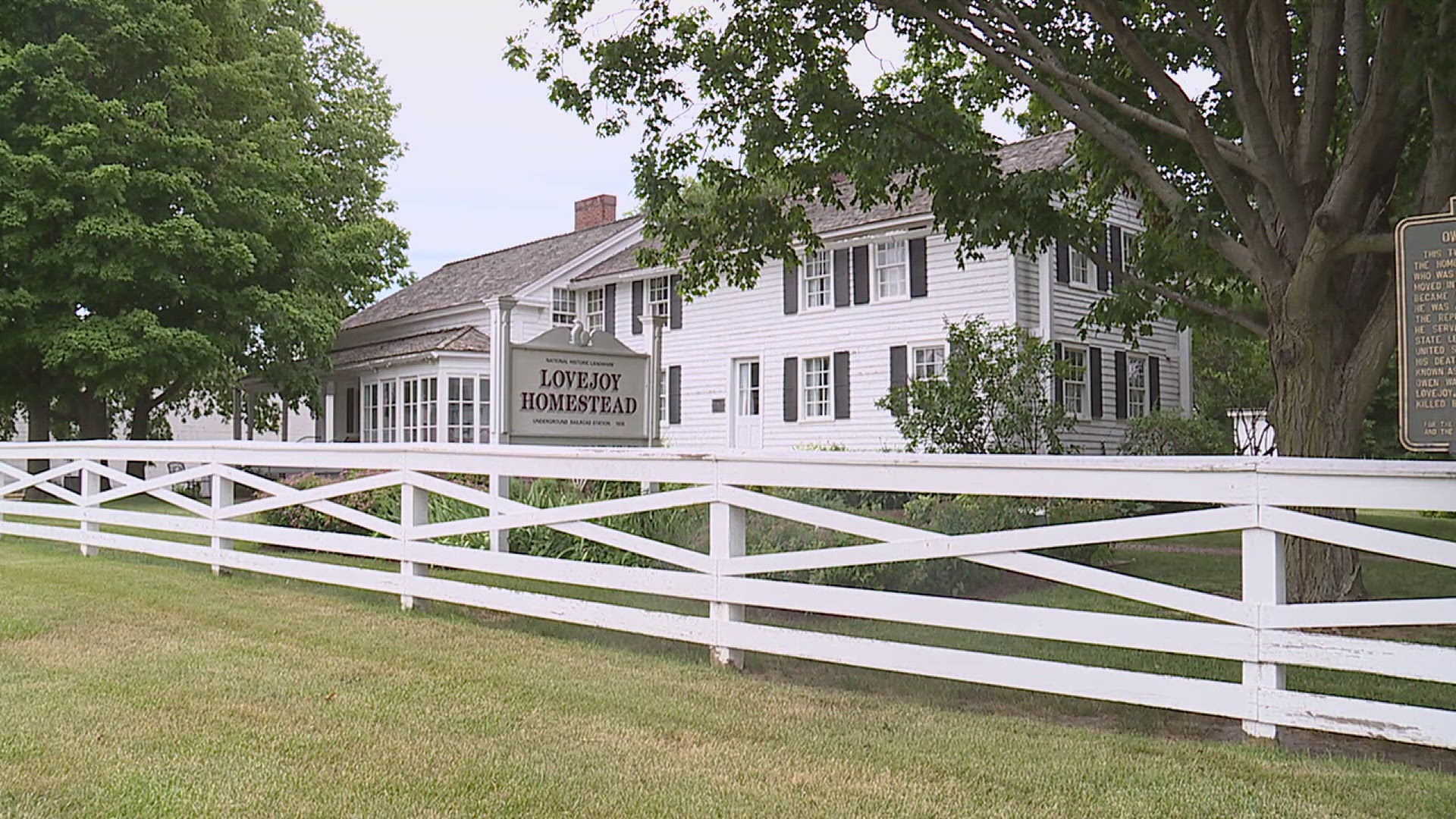ILLINOIS, USA — A week after ballots were cast, former Illinois Gov. Pat Quinn said the Nov. 5 election results show voters are willing to support a graduated income tax structure to provide property tax relief.
Quinn, who left office in early 2015, made a stop at the Illinois Capitol in Springfield on Tuesday to discuss the results of the election and how 60% of voters supported a question on the ballot to create an additional 3% income tax surcharge on people with taxable incomes exceeding $1 million per year to fund property tax relief.
The ballot question was advisory only, meaning any implementation of such a tax would require separate action from lawmakers – and, in this case, voters.
Illinois has a flat income tax system, however, meaning voters would have to approve a constitutional amendment to change the tax system in order to implement a surcharge on millionaires. A majority of voters rejected a proposed amendment in 2020, but Quinn said a question on the 2026 ballot could get more support if it clearly states a tax rate and income threshold and where the funds would go.
In Quinn’s mind, money derived from such a surcharge should be deposited into an already-created property tax relief fund that has yet to receive state funding. Money in the fund would then be allocated to counties and distributed to taxpayers qualifying for a homestead exemption.
“We have a specific way that the voters have identified exactly how to put money into the property tax relief fund,” Quinn said. “It’s a fair way based on a principle that’s as old as the Bible that income taxes, and all taxes, should be based on ability to pay.”
The results of the advisory question, Quinn said, show that voters would get behind a more specifically worded amendment.
“We can win the referendum no matter how much the big shots spend against it. I think we can take them on because our proposal, as exemplified here, is what the people want,” Quinn said.
Senate Republican Leader John Curran, R-Downers Grove, said Tuesday he believes voters would reject an amendment a second time, as they did in 2020 if there is a vigorous campaign opposing it like there was in 2020.
Quinn agreed there are other ways to reduce property tax burdens, but he said after a career of organizing ballot referendums and teaching a property tax law class he concluded that “the only way to really get the ball rolling in the right direction for taxpayers is refunds, rebates, and that’s what this law says.”
Underground Railroad task force releases findings
A task force created by a 2023 law to explore ways chronicle Illinois’ Underground Railroad history announced its findings on Tuesday, recommending the state create a commission that would organize historical sites and stories about the network.
“Too many in Illinois believe we need to travel to the East Coast to visit locations on the Underground Railroad, unaware of the enormous activity that took place in their own backyards here,” task force member and Tazewell County Clerk John Ackerman said.
The task force found there could be at least 200 sites in Illinois that are part of the network and while the history of some is well researched, little is known about others.
Task force members said they are still unsure what a network of sites and stories will look like. It could include sites open to tourists while other sites remain private property. The proposed commission would also be focused on preserving sites for history. While Illinois often gets attention for Abraham Lincoln’s role in ending slavery, task force members said it’s important to preserve the stories of “uncelebrated” residents who helped fleeing slaves achieve freedom.
“We’re very encouraged that by creating a commission, this will really enable us to connect the dots (of) journeys, locations, responses and remarkable courage across the state,” said former Governors State University professor and task force member Larry McClellan.
Between 4,500 and 7,000 people travelled through Illinois, according to some historical estimates, as part of the Underground Railroad, McClellan said. The journey was often dangerous, particularly in the southern part of the state where escaped slaves risked capture and return to slavery in the South.
Capitol News Illinois is a nonprofit, nonpartisan news service that distributes state government coverage to hundreds of news outlets statewide. It is funded primarily by the Illinois Press Foundation and the Robert R. McCormick Foundation.

